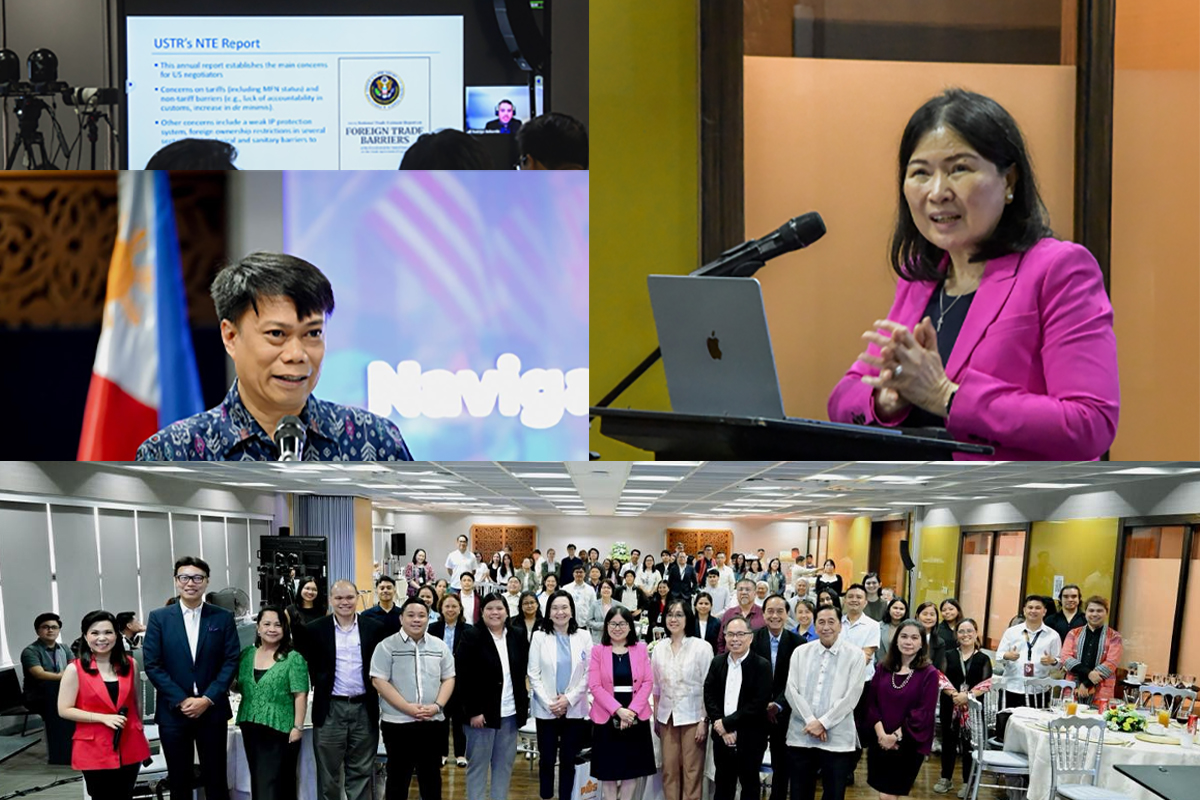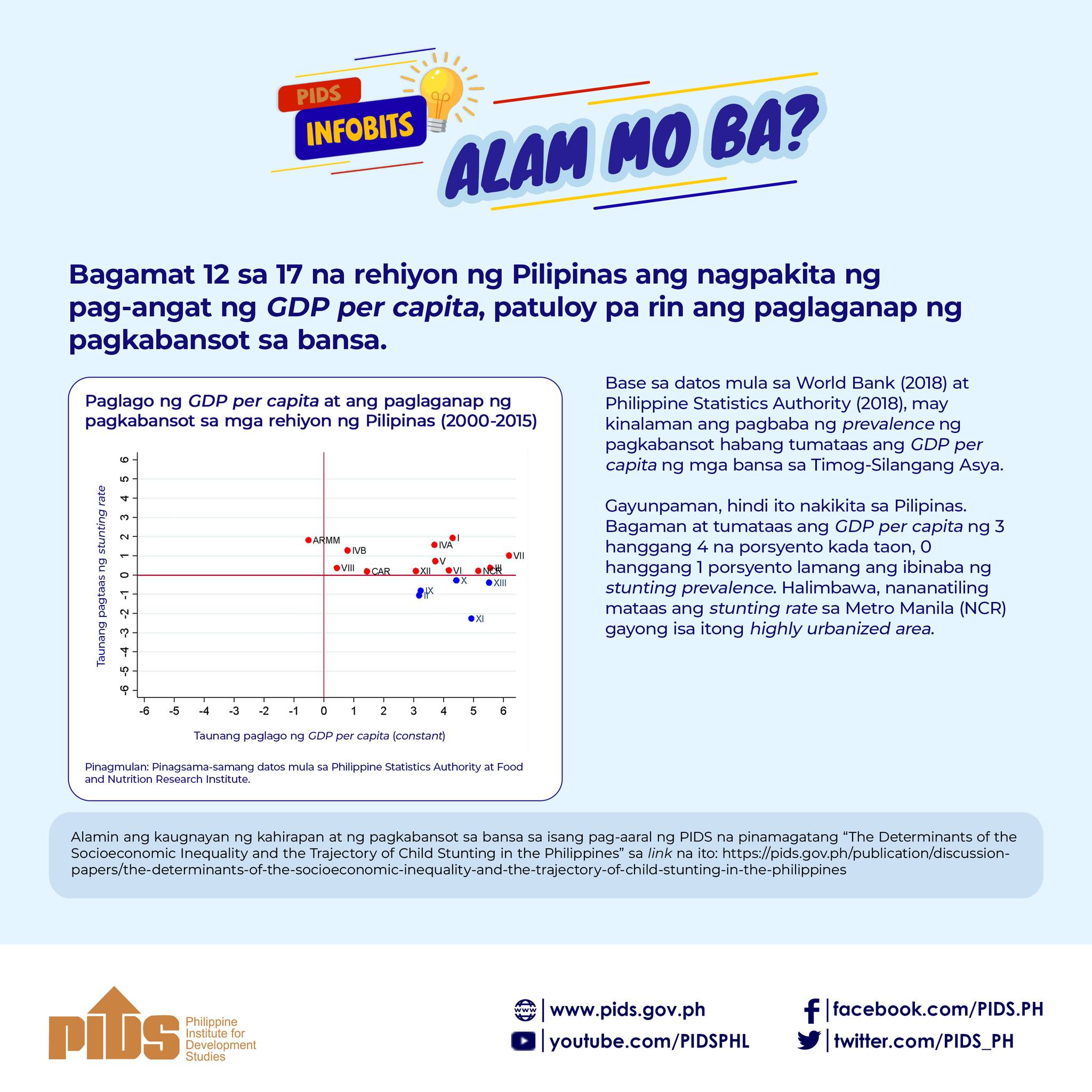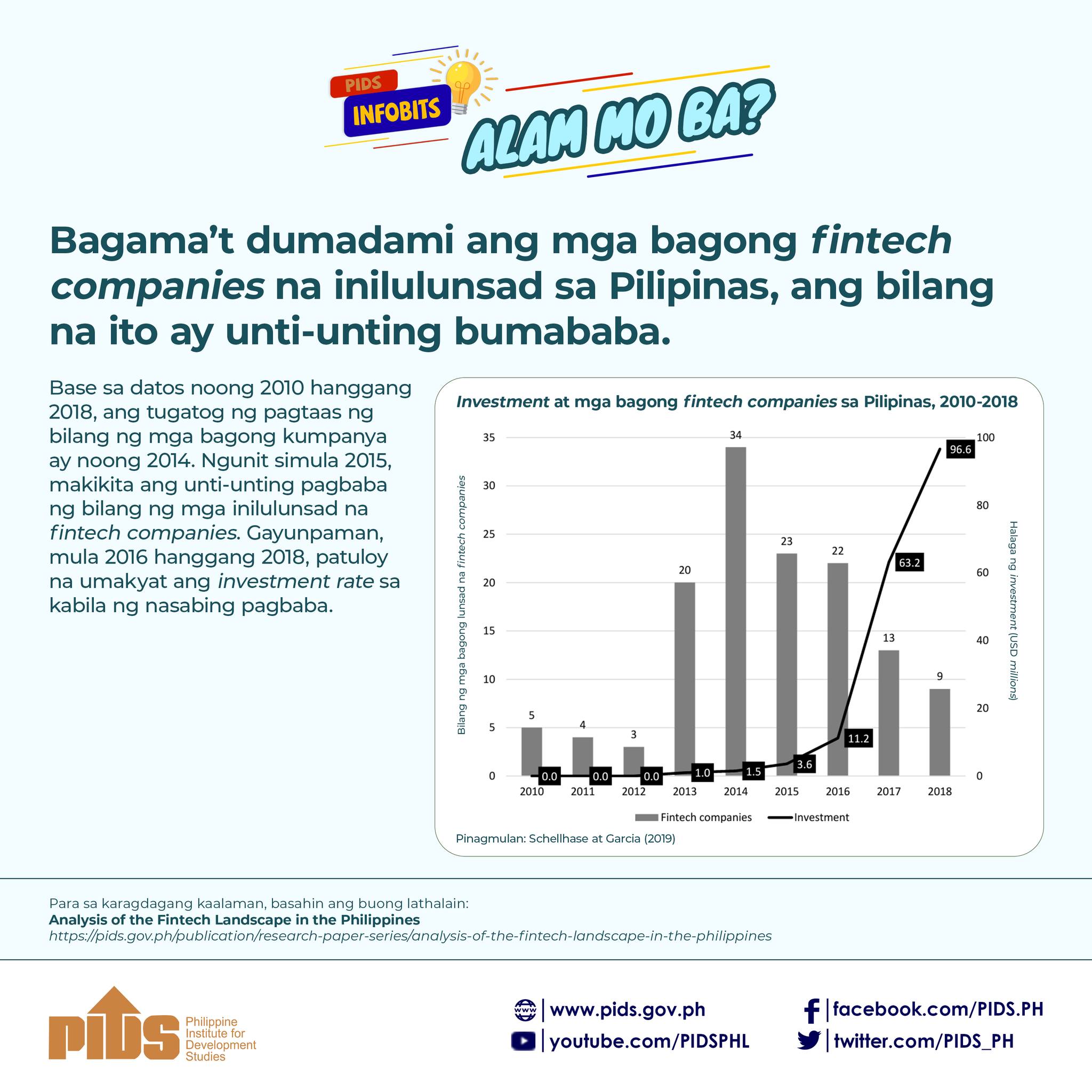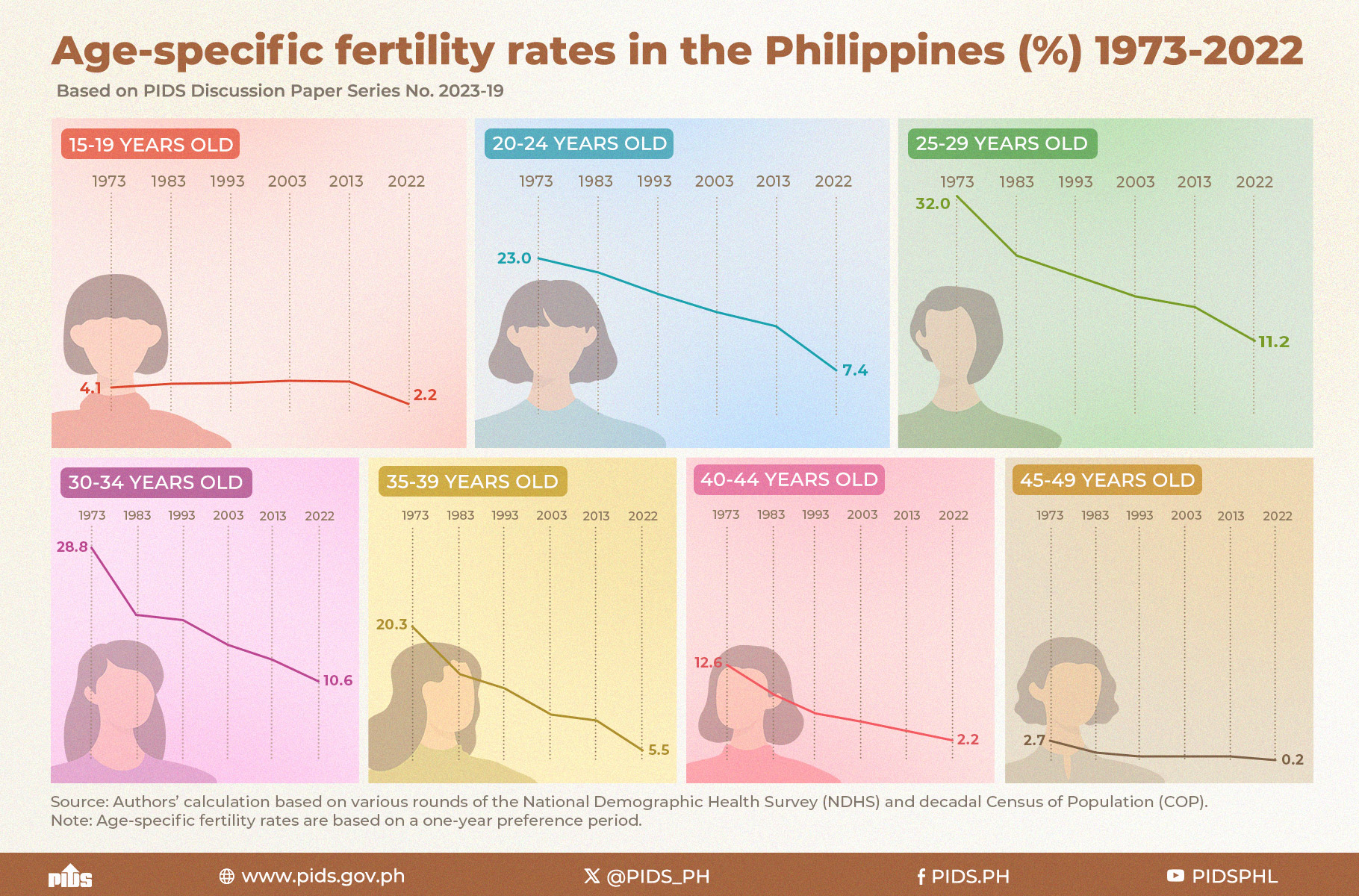A KEY Cabinet panel on tariffs on Monday agreed to endorse maintaining the 5-percent tariff for mechanically deboned meat (MDM) of chicken and turkey to keep stable the prices of processed meat products, which make use of the ingredient.
President Duterte’s approval of the recommendation is needed, however, in order to stop implementation of the higher (40 percent) rate by the Bureau of Customs, which started to slap the new amount in January, after Executive Order (EO) 82 covering the lower rate expired on December 31, 2020.
In an online press briefing on Monday, Malacañang confirmed the Cabinet has already agreed to reduce the tariff for MDM from 40 percent to 5 percent.
“But this still has to go through the process [before it is approved]. The Office of the Executive Secretary is still waiting for the formal recommendation of the Cabinet level committee on tariff related matters about this,” Presidential spokesman Harry Roque explained.
The higher tariff immediately caused prices for MDM from P65 to P85. In June 2019, Duterte issued EO 82 to reduce the tariff for MDM products, which serve as key component for hot dogs and canned luncheon meat, to 5 percent to minimize inflationary pressures. The Cabinet-level Committee on Tariff and Related Matters (CTRM) has endorsed to President Duterte its recommendation to retain tariff of MDM at 5 percent, according to Trade Secretary Ramon M. Lopez.
“We are in the process of completing by today the official endorsement from each member of the CTRM-Cabinet committee on tariff and related matters, but all member-secretaries have given their support to keep the tariff rates at 5 percent so that we can keep cost down and avert any huge prices increases in processed meat products,” Lopez explained.
No sense in higher rate
Lopez said the CTRM voted in favor of retaining 5-percent tariff on MDM because there are no local producers to protect in the first place. As such, he argued that raising the tariff to 40 percent will only jack up the prices of processed meat and canned products.
“It will increase cost and prices of most canned meat products that are also part of basic goods in the SRP [suggested retail price] system of the DTI [Department of Trade and Industry,” Lopez added.
“These products are what majority of the Filipino consumers buy and it will lead to inflation of basic goods if MDM cost increases. MDM is cheaper meat additive used in low priced canned goods,” the trade chief pointed out.
Duterte’s EO 82 issued in 2019 retained the 5-percent tariff on chicken and turkey MDM until December 31, 2020, unless the President signs another order extending its effectivity.
Import duty on MDM is bound to revert to the original 40-percent rate as when the Philippines passes a law converting its rice import cap into tariffs. Policy-makers in 2019 passed the rice trade liberalization law, and this signaled the return to regular tariffs of products the country conceded in exchange for its rice import cap.
However, the President’s economic team found it necessary to keep MDM duty at 5 percent to mitigate any cost impact on the price of goods.
The Chief Executive first kept the tariff on MDM in 2017 through EO 23 extending the temporary reduced rate of duty on certain farm goods as committed to the World Trade Organization. With its expiry due to the passage of the rice trade liberalization law in February 2019, Duterte issued EO 82 to extend the tariff rates stipulated under EO 23.
Dar backs Lopez
Agriculture Secretary Wil-liam D. Dar confirmed to the BusinessMirror via a brief text exchange that he supported the retention of the 5-percent tariff on the MDM of chicken and turkey.
He did not elaborate his side but said he supports Lopez’s position that maintaining the lower tariff on MDM imports is crucial in keeping prices of processed meat products affordable to avoid inflationary implications.
The BusinessMirror also reached out to the National Economic and Development Authority (Neda), the secretariat of the CTRM, for a statement on the matter but the oversight agency was unavailable for comment as of press time.
Industry position
The Philippine Association of Meat Processors Inc. (Pampi) said they are of the understanding that MDM shipments arriving in the country would not be slapped with 40-percent tariff until the Customs issues a formal memorandum circular (MC) authorizing the tariff reversion.
Citing a recent dialogue with Customs officials, Pampi President Felix Tiukinhoy Jr. said they are on the same page with BOC that a higher tariff on MDM would require an issuance of an MC from Customs Chief Rey Leonardo Guerrero or from the Department of Finance (DOF), the mother agency of BOC.
“They are aware of it. Our standing is that unless there is no memo coming from Guerrero or DOF to implement the 40- percent tariff, they cannot automatically change the system from 5 percent to 40 percent without the memo,” Tiukinhoy told the BusinessMirror on Monday.
In a memorandum submitted to Lopez last December 31, Pampi explained that Duterte’s EO 82 “does not provide for an automatic reversion to 40 percent upon expiration unlike EO 23 which specified reversion to 40 percent upon enactment of rice tariffication law.”
“Sans automatic reversion in EO 82 and unless there is a specific directive from DOF/BOC for a reversion, the prevailing rate of 5 percent continues to be applied, as what happened in March 2019 when the tariff law was passed but MDM continued to be assessed 5 percent until BOC Commissioner Guerrero directed implementation of the reversion in June,” said the memorandum, a copy of which was obtained by the BusinessMirror.
The Pampi said that since DOF already supports retaining the lower tariff, it would be “logical that the 5-percent tariff be continued to be applied until the EO is issued/released before January 17.”
Duterte can issue an EO modifying tariff rates while Congress is not in session. Congress is currently in recess until January 17.
“This way, we avoid confusion among stakeholders, including BOC personnel, and should enhance gov’t credibility and consistency,” Pampi said.
40 percent implemented
However, Tiukinhoy said they were informed by brokers on Monday that the BOC’s system is already showing a 40-percent tariff on MDM imports.
Customs officials said they have no choice but to collect 40-percent tariff on all imports of MDM of chicken and turkey starting this January since Duterte has yet to sign an EO retaining the 5-percent tariff.
While they are aware of reports that economic managers are “taking positive steps” towards recommending the issuance of an EO retaining the 5-percent tariff to President Duterte, Customs Assistant Commissioner and spokesman Vincent Philip Maronilla told the BusinessMirror that they have no legal basis to collect 5-percent tariff on these products given that Duterte’s EO 82 has already expired.
Under EO 82, the retention of the 5-percent tariff on chicken and turkey MDM is only in effect until December 31, 2020, unless Duterte issues an EO extending it.
According to Maronilla, importers of these products may also ask for a refund from BOC should there be a provision under the EO that will be released by the President mandating the retroactive application of retention of 5-percent tariff.
Without the retroactive provision in the EO, Maronilla said the BOC would not grant their request for refund.
“Importers can exercise their option to pay under protest and/or if [there’s a] retroactive effect [in the] EO later on, then they can refund,” he said.
Shipments docked at ports
Meanwhile, Tiukinhoy explained that there are currently MDM shipments of Pampi member-companies that are docked at the port, which are supposed to be unloaded last December but were delayed due to the holiday congestion.
He added that their members have opted to pay demurrage for their imports because it is “way cheaper” rather than filing an import entry with a 40-percent tariff.
Tiukinhoy disclosed that as early as September they have asked their members to bring in their MDM imports before 2020 ends in order to avoid possible tariff problems.
“We told them to be safe their shipments should arrive in March to give time for the possible issuance of the new EO,” he said.
Nonetheless, Tiukinhoy assured the public that the meat processing industry has sufficient MDM stocks to cover the production for the whole month of January.
Economists back 5% rate
Local economists backed the recommendation of the economic team to retain the 5-percent tariff.
Former University of the Philippines School of Economics Dean Ramon L. Clarete told the BusinessMirror that retaining the 5-percent tariff on MDM will help consumers in the long run, especially the poor.
“Okay, your revenues will increase but that is just penalizing the consumers of processed meats, hotdogs. It’s a crazy measure [reverting to a 40-percent tariff],” Clarete said in a phone interview. “Processed meats are part of the menu of our lower income households.”
Philippine Institute for Development Studies (PIDS) Senior Research Fellow Roehlano Briones agreed that the 5-percent tariff should be retained.
However, Briones said that if prices of goods containing MDM such as hotdogs increase, there are still substitutes to these products. As such, he said, consumption of these products may decrease in favor of more affordable substitutes.
Ideally, Clarete said, tariff measures such as those imposed on imported MDM should be decided before policies expire or lapse. “It’s wrong [deciding after a policy lapsed]. It should be before, so I think this is an incompetent move of the government,” Clarete said.
Nonetheless, Clarete said the statement of the economic team that they are recommending a 5-percent tariff for MDM is an assurance that prices will remain stable for these items. With reports by Cai U. Ordinario, Bernadette D. Nicolas and Jasper Emmanuel Y. Arcalas
CTRM for 5% MDM rate as BOC slaps 40% tariff
Related Posts
Publications
Press Releases
Video Highlights
[No related items]









